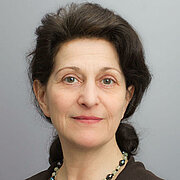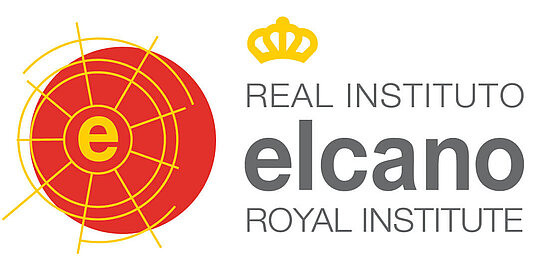After a unilateral consultation on independence and a vote last December failed to solve the deadlock between Barcelona and Madrid, a return to a negotiated constitutional agreement seems more out of reach than ever before. The arrest of some separatist leaders on one side, and radical calls to unilateral secession on the other, send discouraging signals for any possibility for mediation. Meanwhile, quite a few regional independence movements continue to gain momentum and rally around the Catalonian flag as a prelude to their own emancipation. Is Spain's constitution really beyond negotiation? Who decides which players should be brought to the table? Is a wider European dialogue possible and useful to bridge tensions? What should Germany and Brussels do? What implications do the events in Catalonia have for movements in places like Italy, France or the UK, let alone Eastern Europe and the Balkans? Watch our discussion on the future of Catalonia and the European Union.
Panelists

Argelia Queralt Jiménez is Associate Professor of Constitutional Law at the Faculty of Law of the Universitat de Barcelona. She is actively involved in different research projects and is a member of Grup d'Estudis Constitucionals i Europeus. Her areas of research include the judicial protection of fundamental rights and freedoms and the processes of political integration. She is a member of the board of the Association of Spanish Constitutionalists and the editorial director of Agenda Publica.

Ignacio Molina is Senior Analyst at the Elcano Royal Institute and Lecturer at the Universidad Autónoma de Madrid. His areas of expertise include Spain's foreign and EU policy, the future of the EU, the Europeanisation of politics and government in Spain, and analysis of Spain's institutional capacity and quality of governance. He has served as an external expert at the European Parliament, the European Commission, the Spanish Council of State and Ministry of Foreign Affairs.

Sabine Riedel is Professor of Political Science at the University Magdeburg (since 2012) and Senior Associate at the Stiftung Wissenschaft und Politik, German Institute for International and Security Affairs in Berlin (since 2001). Her areas of specialization are the relationship between politics and culture/religion in Europe and the neighborhood countries, including regional, minority- and interstate conflicts.
Chair

Alina Mungiu-Pippidi is Professor of Democracy Studies at the Hertie School in Berlin. Her research centres on anti-corruption policy and good governance. Mungiu-Pippidi chairs the European Research Centre for Anti-Corruption and State-Building (ERCAS) where she manages the FP7 research project ANTICORRP, and the Horizon 2020 project DIGIWHIST. Her governance work is cited and applied by a string of development organisations, by some EU governments and the European Commission.


